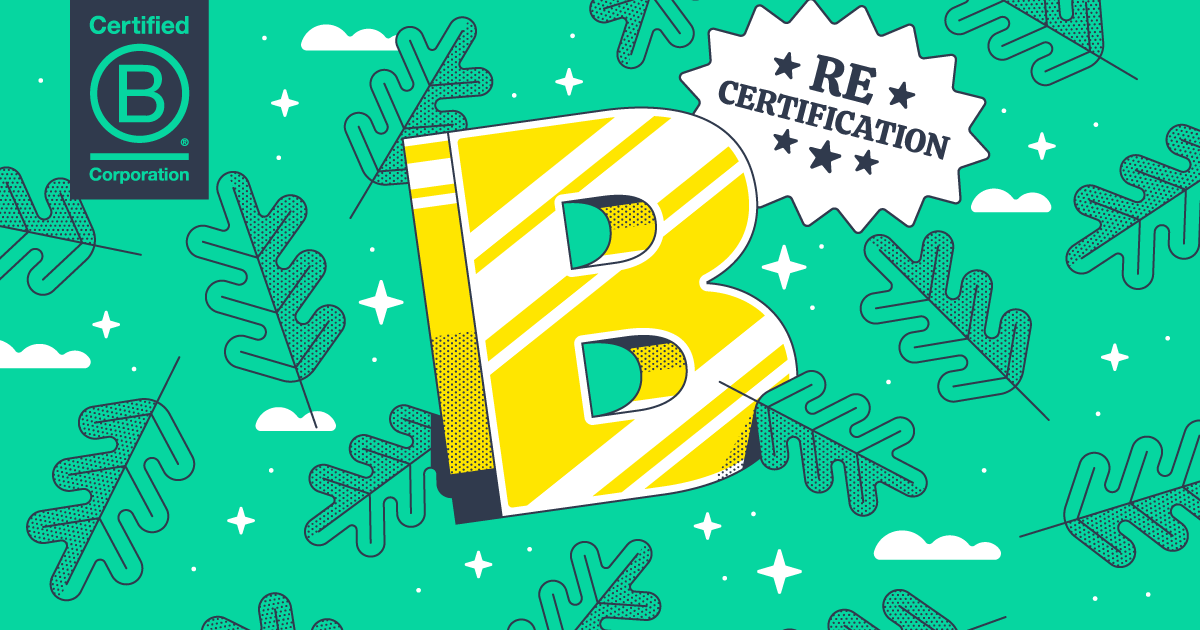Greenwashing: The Scariest Halloween Mask
Sometimes the least assuming costumes are the most frightening. Their innocuous exteriors hide a more sinister truth. That verdant bottle of bathroom cleaner or “natural” face wash may look demure and even downright appealing. However, lurking beneath the masked surface can be an entirely different reality of unsafe chemicals, synthetic ingredients, and a murky supply chain. This monster’s name is “Greenwashing.”
What is Greenwashing?
Greenwashing is a marketing strategy companies use to create a public appearance that their product or service is good for the environment. It’s superficial and often insincere.
Unfortunately, this branding tactic lacks verified metrics about the claims of sustainability. Like Bigfoot, greenwashing thrives on misinformation and hearsay.
Incantations & Other Spells
Watch out for these greenwashed phrases. They’re far less innocent than they may seem.
| All-natural | Eco-friendly |
| Biodegradable | Green |
| Clean | Natural |
| Compostable | Organic |
| Enviro- | Pure |
Greenwashed terms are often accompanied by imagery depicting the natural world and a green color scheme. Just because vampires have beautiful sparkly skin, shouldn’t distract you from the fact that they’re um, you know, undead and want to suck your blood.
The same is true for “clean coal,” and “real” sugar sodas. Or you may recall, the earth-friendly sunscreen that claims to be “biodegradable” or “reef safe” but still includes harmful chemicals like oxybenzone, octinoxate, and methyl paragon. These cobweb-shrouded green claims don’t have agreed-upon definitions and aren’t regulated by the government.
More Scary Stories
Beyond the language of greenwashing, beware the tall tales. Underwriters Laboratory (UL) created the 7 Sins of Greenwashing to break the spell of deceptive do-goodnesses.
The Sin of Hidden Trade-Off
A company may claim that using its magical product will save the earth while conveniently forgoing any mention of its detrimental manufacturing processes or harmful ingredients. Consider the beverage company that touts its new and improved single-use bottled water with reduced plastic use. Conveniently, they don’t mention that any amount of plastic will degrade in an estimated 500 years, or more likely, never.
Sin of No Proof
Some claims lack metrics or any supporting evidence. You say Frankenstein is made of recycled content, but at what percent and according to who?
Sin of Vagueness
This approach uses broadly-defined terminology to make a claim of a positive impact. Think of “biodegradable.” CompostNow, a waste diversion service, says this word is pretty meaningless. The term isn’t regulated. Depending on who you ask, it could mean a few things like yes, the product has the ability to break down, but in a reasonable amount of time- who knows?
Sin of Irrelevance
A company might give itself a pat on the back for simply following the law. Its packaging proclaims “No CFCs!” but the Chlorofluorocarbons mentioned were legally banned first in 1978 in Sweden and later for the United States in 1996. Good job, rule followers.
Sin of Lesser of Two Evils
Claims that are true, but still a deceptive distraction. Natural cigarettes, anyone?
Sin of Fibbing
These claims aren’t based in reality or any kind of ethical practice. Colloquially known as “fake news.”
Sin of Worshipping False Labels
Some companies get creative with their greenwashing. They’ll make up imaginary credentials or allude to third-party endorsements to show their commitment to sustainability. Gold Star Goblin Approved!
A Killer Motive
It’s no mystery that many companies deliberately push the message of environmentalism. It’s a growing trend- and profitable!
In a 2017 study from Unilever, there’s an estimated $1.2 trillion opportunity for sustainable companies. Likewise, the study reported that one-third of consumer purchases are based on the brand’s environmental commitment.
Not only are consumers more willing to purchase from socially responsible companies, but they’re even inclined to spend more on those items. In a 2015 report, Nielsen revealed that 66% of online consumers are willing to pay more for products and services from companies that have a perceived positive social and environmental impact- an increase from 55% in 2014, and 50% in 2013.
Now more than ever is a great time for companies to cash in on “going green.”

Your Free Lulu Account
Create a Lulu Account today to print and publish your book for readers all around the world
Protective Amulets
The U.S. Federal Trade Commission created “Green Guides” to ward off widespread misinformation, unsubstantiated environmental claims, and other marketing ghouls.
The first Green Guides were created in 1992 to expand upon the FTC’s mission of protecting consumers by preventing deceptive and unfair business practices and championing informed consumer choice. Later, the Green Guides were revised to incorporate language associated with newer technologies including “carbon offsets” or made with renewable energy claims.
Ecolabel Index is another great resource. They represent the world’s largest directory of vetted environmental certification labels. Unfortunately, some companies make up their own Gold Star awards as “proof” of their sustainability or other good deeds. Ecolabel Index empowers consumers to verify certifications. The proof is in the Index.
How To Skip the Tricks and Find the Treats
Besides reading ingredient labels and using Protective Amulets like GoodGuide and Ecolabel Index, shop with skepticism. Pretend every potential purchase is an attempt to turn you into a werewolf. The branding is slick and the claims definitely sound great, but is it hiding a darker motive?
Seek out sustainable companies that have been vetted by respected third parties. Some trusted certifications include B Corp, Fair Trade, USDA Organic, LEED, and Cradle to Cradle Certified. These companies abide by a code of ethics that includes a promise to uphold their social and environmental performance.
Pull the mask off the companies you support and make sure they really deserve your business. The Halloween references are fun, but Greenwashing is serious business. Don’t let misleading corporate marketing take more candy than they deserve. Sorry, had to sneak one more Halloween pun in there.




